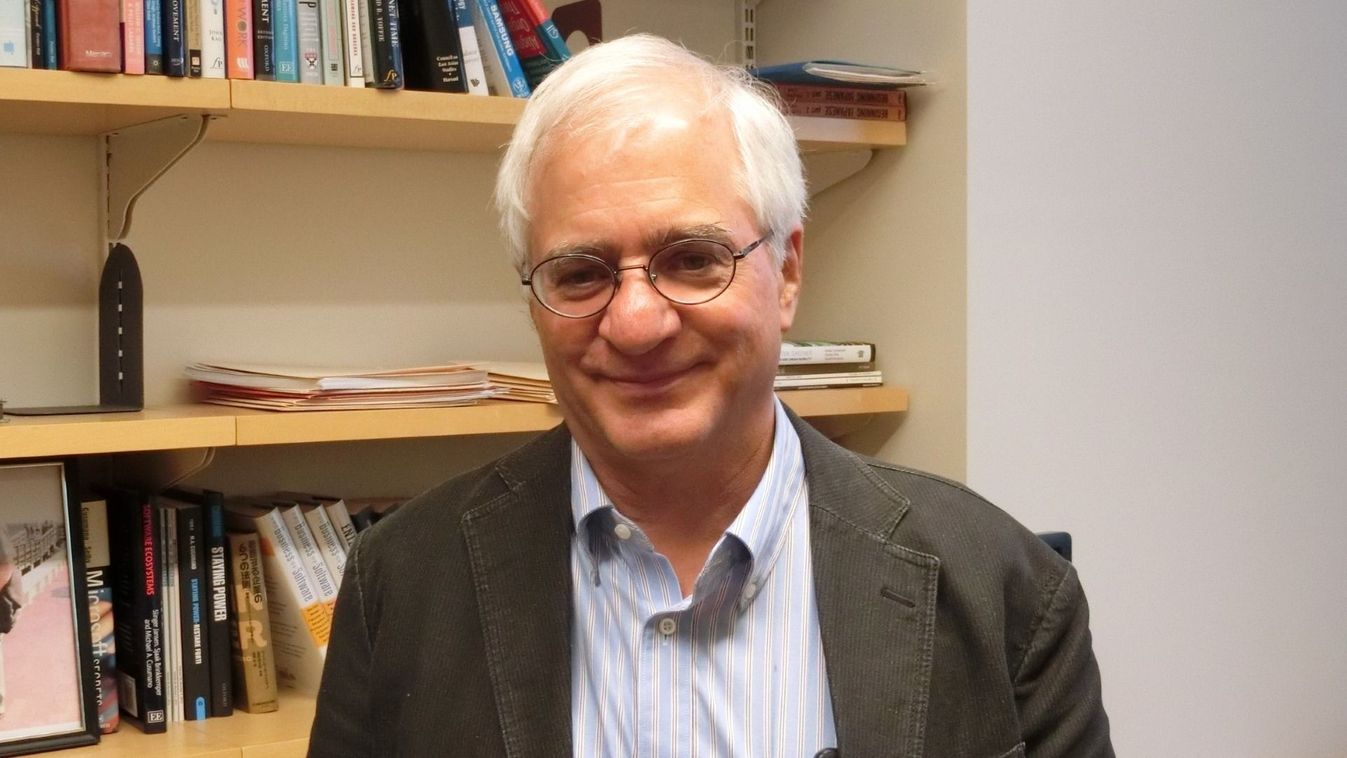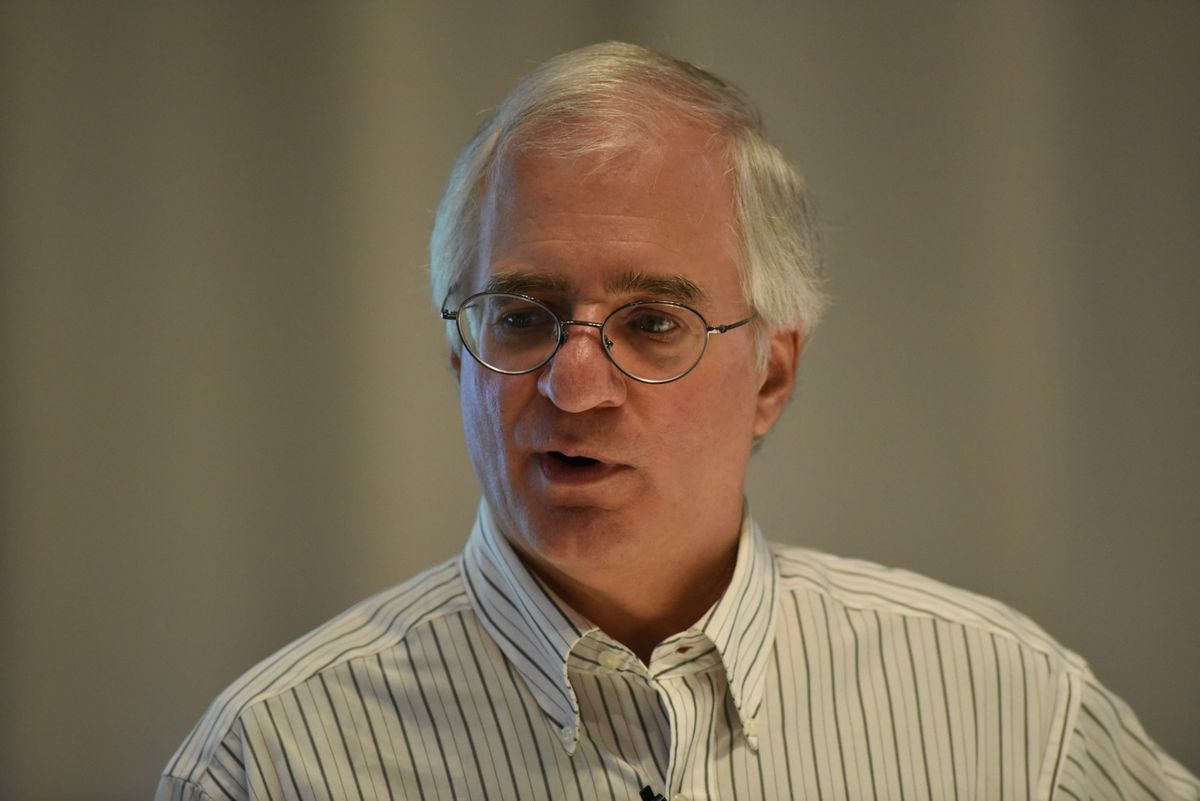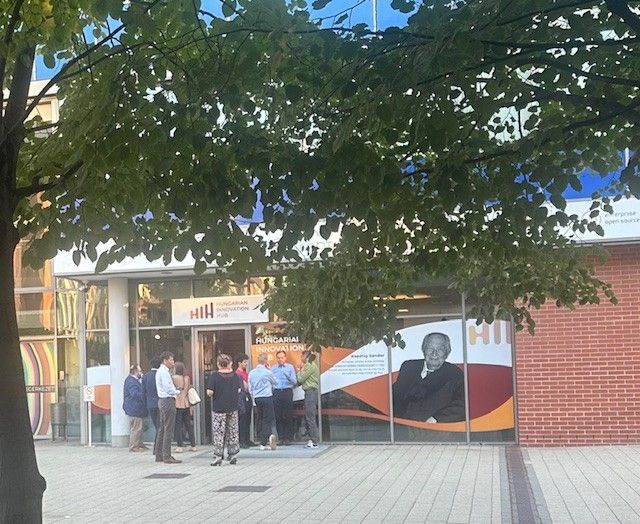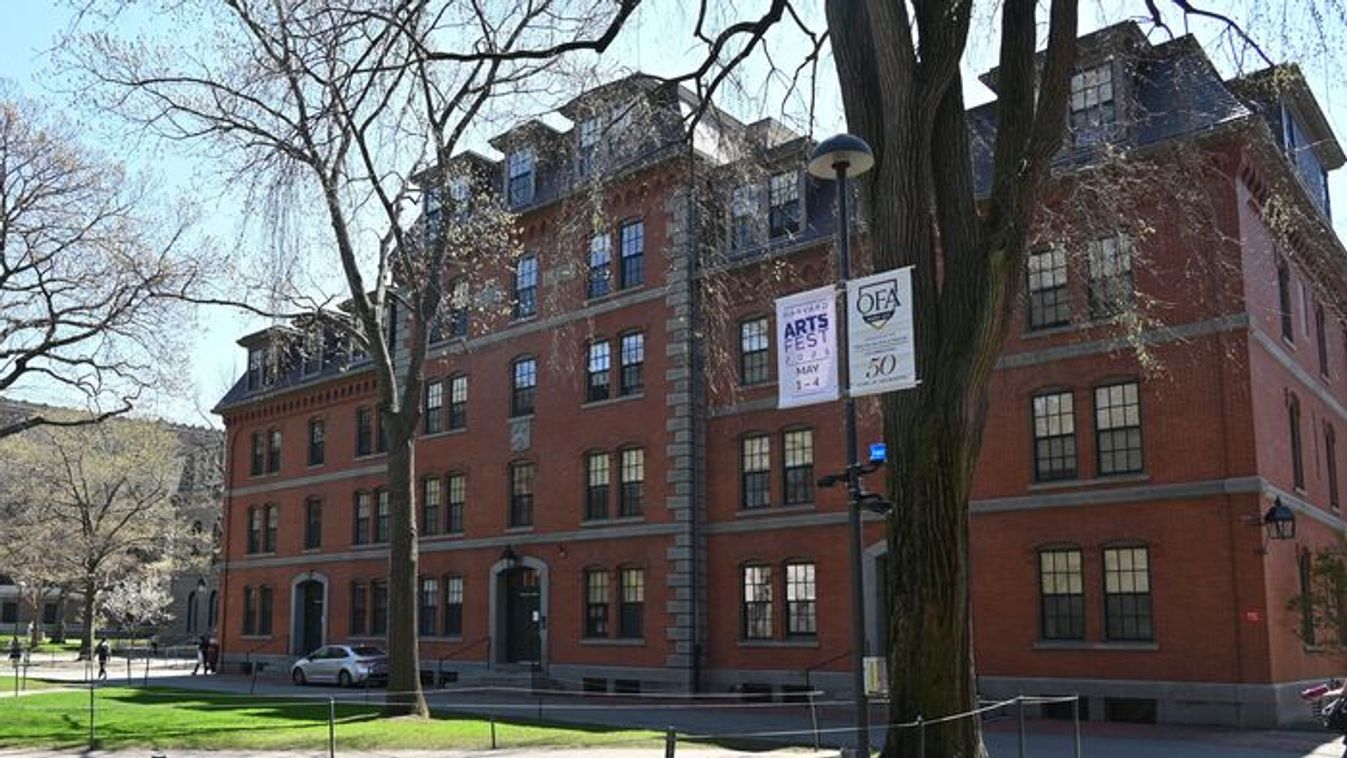
Next Andrew Grove could grow up in Hungary, Massachusetts university is helping
With the debate on Europe's competitiveness heating up under Hungary's EU presidency after the publication of the Draghi report, there could have been no better timing for a Budapest meeting to evaluate the results of a two-year programme bringing together Hungarian universities, the central bank, entrepreneurs, companies and risk capital investors. Distinguished Professor of Management Michael Cusumano, who arrived for the meeting and gave an interview to Világgazdaság – on top of years of experience from Japan to New Zealand in the Massachusetts Institute of Technology's (MIT) Regional Entrepreneurship Acceleration Program (REAP) –, has a special understanding of the Hungarian urge to catch up, as author of books on the legendary Intel head Andrew Grove.

In the program, MIT is globally passing on what is a lively and effective model in Massachusetts: promoting innovation and entrepreneurship by creating a busy cooperation of the university, technology experts, new and old companies, financiers and government players – the professor said at the meeting held in the Hungarian Innovation Hub office, which was established as a result of the Hungarian REAP in the campus of the Budapest Metropolitan University. MIT has a long tradition to pass on: since 1945, its alumni founded 30 thousand firms, many of them billion dollar companies. It is a common practice to bring in practitioners, and for students and researchers to plant their knowledge into practice and establish start-up companies.
There are various causes why the ecosystem of innovation does not work in a country as well as in the United States, where it erupts new ideas and players. For example, in Japan a rigid system evolved after the lost war, which prefers big companies to entrepreneurs, while in New Zealand new players scramble to move abroad.
Hungary's problems in this area are typical to a small economy,
and while the European Union also has its own woes, its big single market could also offer breakthrough opportunities for a more efficient Hungarian innovation ecosystem – the professor concluded.
As for the results of the two-year Hungarian MIT REAP program concluded last year, measuring them would be too early, but they have already led to fruits, like extensive fact finding, new legislation on convertible notes that can be used for financing startups and establishing a core of cooperation represented by the REAP team participants and the Hungarian Innovation Hub. There is still a lot to do – said Michael Cusumano to Világgazdaság.

The strengths of innovation in Hungary are isolated
– Do you see a progress since the program led by MIT and helped by the central bank started in 2021?
– So, first, I think Hungary has a good infrastructure and backbone for the kinds of activities we've promoted at MIT with our REAP program. So, for example, the Hungary Research Network, HUN-REN. That already exists, and it promotes research in a lot of different areas. My understanding is, and this kind of gets into a weakness, that it really has not been connected to entrepreneurship. It's about more academic research, which Hungary is pretty well distinguished, at least historically.
So we think that you could create these growth-oriented enterprises, like an Intel, based on advances in Hungary in engineering and science. And there could be also innovation in business models, but combined with technology in some way.
Hungarians should not think of themselves as a small market
– Building networks in Hungary will not make the internal market any bigger, or that is not a problem?
– So we think, you know, if there's a weakness in smaller countries, generally it is that they don't have big markets. And a lot of these types of startups, why do we see so many of them in the United States and China? Because their markets are huge. And not only that: Americans see the world as their market. Almost any product they create, let’s say a software product, they can design it in English and sell it around the world. But the United States is half of the IT market. China has become a huge market as well.
But Hungarians should think of themselves as part of the European Union. And not just as a small 9,5 million population country in the middle of Eastern Europe, or Central Europe.

– What is the road?
– Connecting the research in engineering and science that goes on here more to creating new businesses in existing companies, or subsidiaries of international companies that have offices here, or startups, is, I think, the best way to do it. That’s our goal. And from what I understand, there's not enough of that in Hungary. But this is a first step. So creating this kind of activity, the Hungarian Innovation Hub and Network, the team that we had decided that they should create this network of hubs and bring people together for different activities.
My understanding is that this new office here is very active. They have a lot of activities here every week. So people are coming together, students, entrepreneurs, and other people sharing ideas. And over time, it should have some impact. But you need more than one. My understanding was they were going to create several of these kinds of hubs around the country. This is a start, and you never know where it's going to grow.
So what could this become five years from now? Getting the universities here to cooperate, encourage students and professors and industry people to come together, create something new, whether it's ideas in the university or working with outsiders. We'll see what happens. We don't know yet. It's still new. But I'm encouraged to see that the team has stayed together.
A lot of our teams, once the program is over, they just kind of go to their daily jobs. Our teams are mostly voluntary. But the central bank here seems to be determined to have some impact on economic development. That's what we call the backbone that has some permanence. This is just part of that first step. We'll keep an eye on it to see what happens. They'll probably be visiting with the universities, too. So it can't just be the bank. The university has got to step up.
The next Andy Grove can be kept in Hungary as a part of Europe
– Can talent be kept in a small country in a globalized world?
– The other potential weakness that I hear about Hungary is that Hungary does not have a lot of international, global companies. Hungary has a lot of subsidiaries of international companies, but not so many that are homegrown. So it's a little more difficult to get these foreign companies to participate in activities going on here in Hungary or that could be going on here in Hungary. That's another challenge to figure out how to do that. But the more important challenge, I think, is to get professors and government people to start working together and thinking a bit more differently about what can they do with the talent here.
The reason Andy Grove left Hungary was political reasons. For the younger generation, you want to try to make sure there are opportunities here in Hungary to create something.
– How can that be done?
You may want to create a new company. But when there are good ideas for creating a startup company, whether it's in software or medicine or technology like medical instruments, people tend to take the company elsewhere where there's funding. Maybe they move to the U.K. or France or the United States. We talked about New Zealand, where the small market was also a problem. They would generally move to Australia. And then try to get to either the United States or the U.K. The U.K. gave them access to the European community.
But Hungarians have to think of your market as the European Union, not just Hungary as a country. And trying to have more integrated economic relations with other companies in Europe would be useful. You want to create opportunities so that people like Andy Grove don't leave, and they create an Intel here. Intel is actually struggling, by the way, at this point, but there's going to be next generations of companies in industries like software. Hungarians are very strong in mathematics, I think, and for software programming, you don't need billions of dollars to create advanced companies such as in artificial intelligence or applications. So there's lots of potential here.
Ajánlott videók











